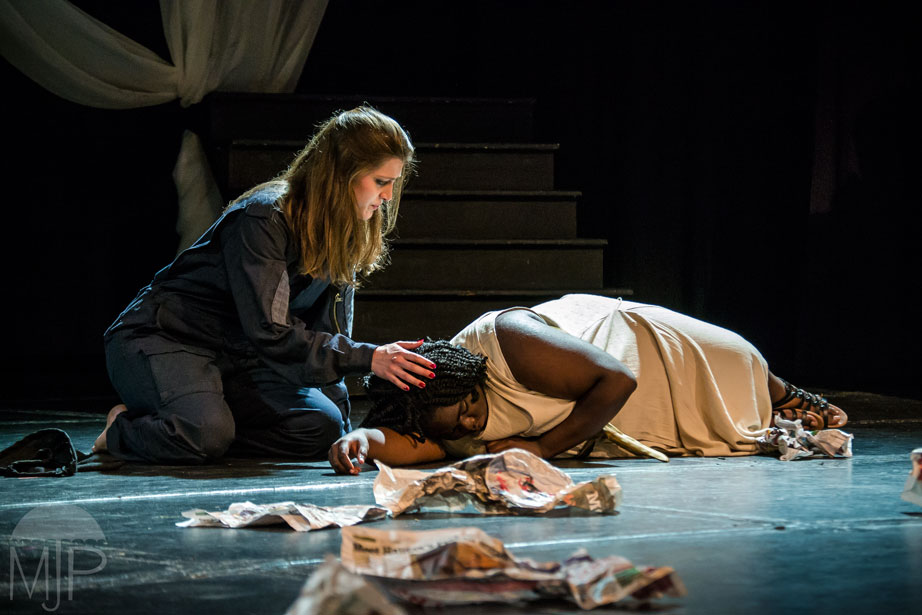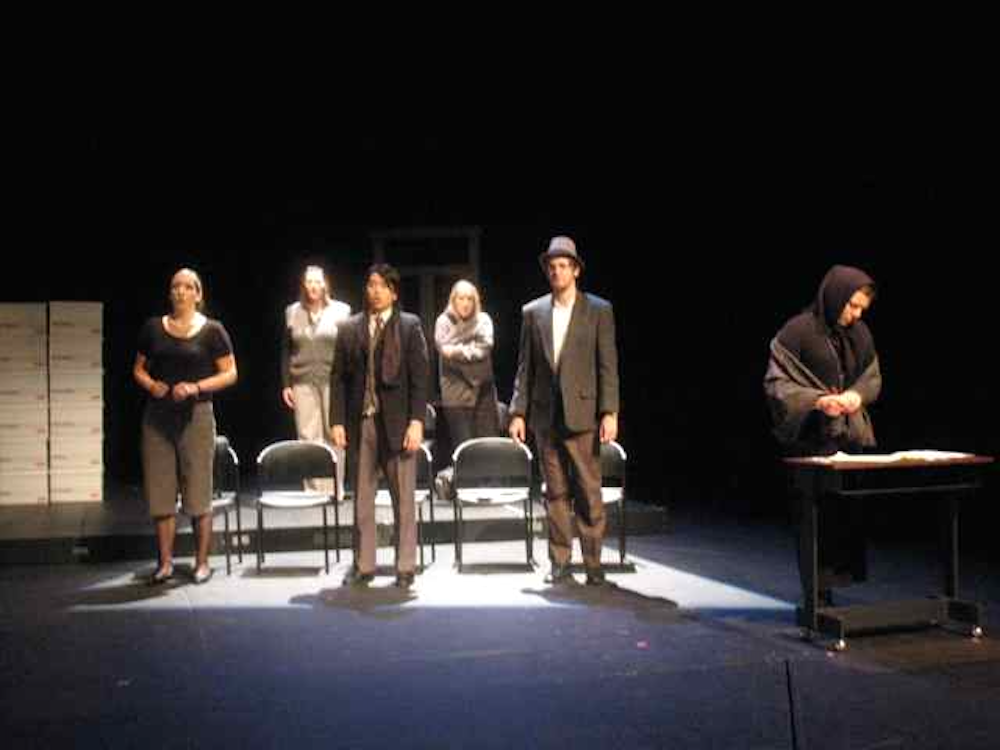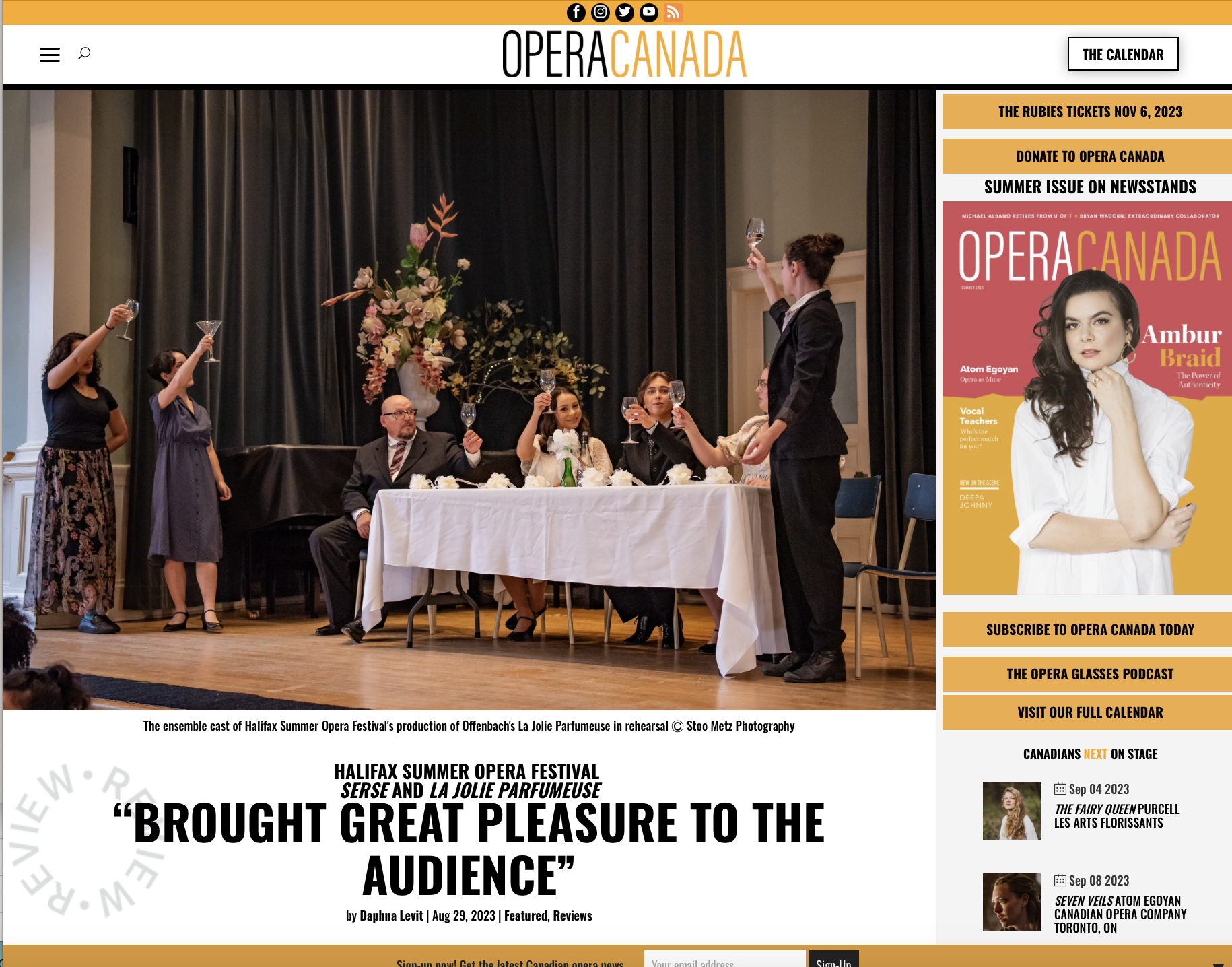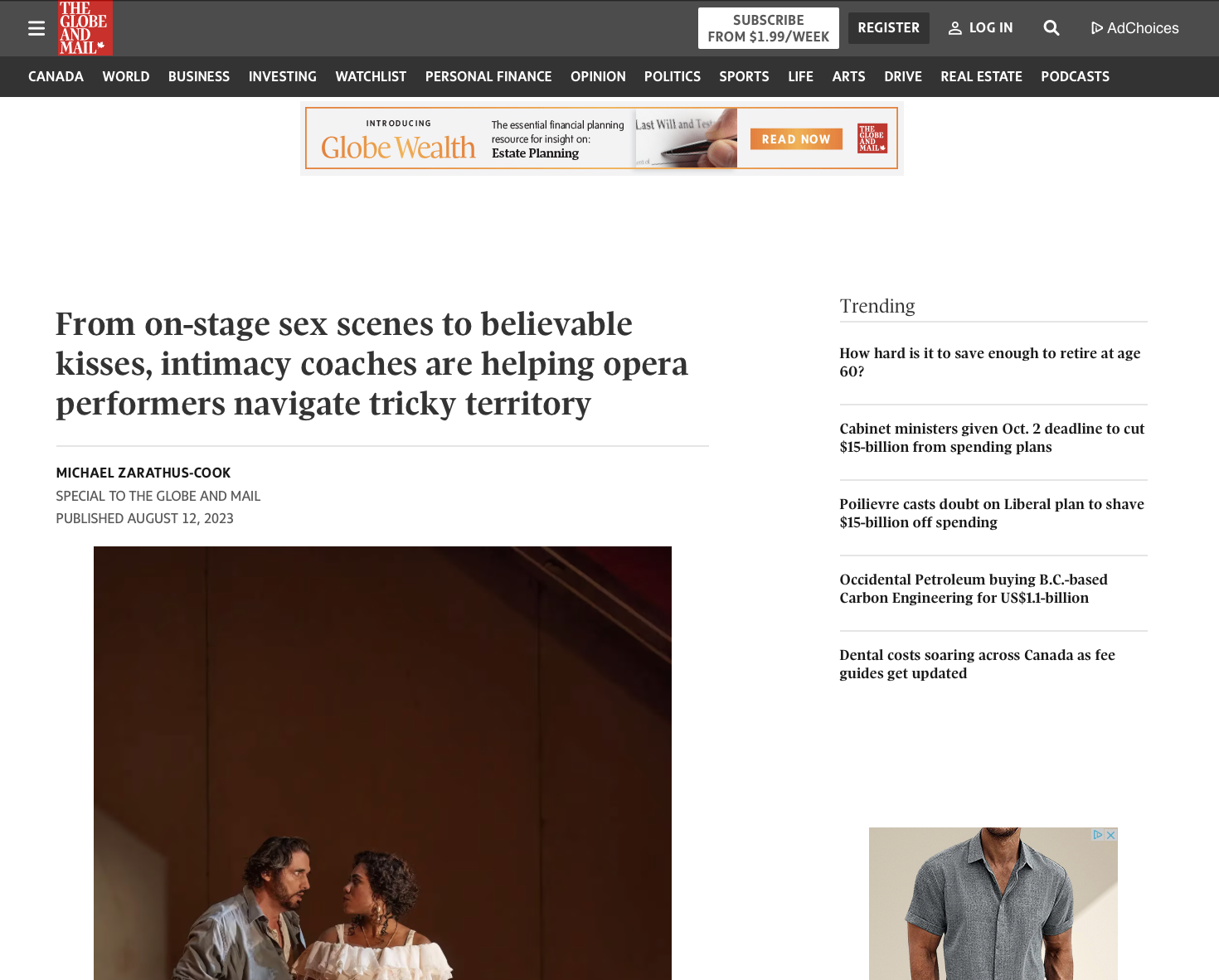Giulio Cesare in Egitto , the most popular and frequently-performed of Handel’s operas, will be presented by the Halifax Summer Opera Festival (HSOF) in August 2024
English-speaking audiences often know George Fridrick Handel best as the composer of the oratorio Messiah, (or perhaps of the anthem Zadok the Priest, heard at King Charles III’s coronation). He he was born Georg Friedrich Händel in Germany in 1685. He moved to London when he was 27 and spent the rest of his life in England where he became a busy and successful professional composer and impresario. Beginning with Rinaldo in 1711, Handel composed over forty operas between 1712 and 1741 many of which received widespread acclaim and brought Handel fame and fortune. Three of the best known of these operas are Giulio Cesare (1724), Alcina (1735), and Serse (1738).
Like most of Handel’s operas, Giulo Cesare in Egitto is an opera seria, a “serious opera” ,(as distinct from “opera buffa” or “comic opera”). Opera seria dominated the art form from 1710 to 1770. They were almost always composed to Italian libretti, with noble or historical themes and had to adhere to some very strict conventions. While Handel pushed some of these conventions later in his career, at the time of Giulio Cesare he had mastered them, especially the alternation of recitative and da capo aria. The recitative (which functions as dialogue does in drama) is accompanied by the continuo instruments (harpsichord and cello) or the full orchestra. Recitative is generally followed by an aria. This is usually a da capo aria, which comprises three distinct sections. The first sets out the theme, the second presents a contrasting mood, and the third returns to the initial theme but with more musical elaboration to amplify the emotional impact.
The whole opera is essentially a succession of alternating dialogue and aria, with very few duets and perhaps a couple of choruses.
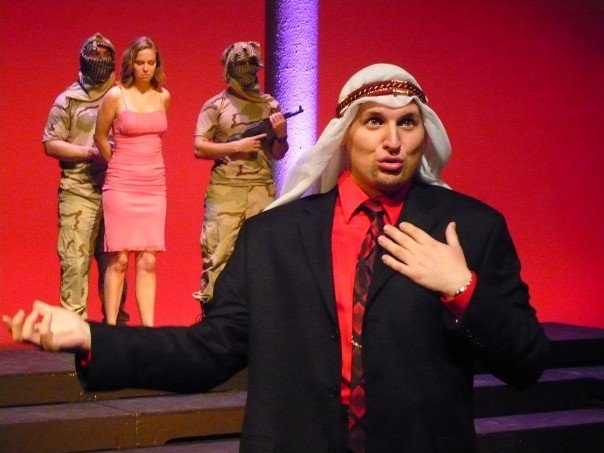
Giulio Cesare is an historical opera, and is based on certain events of the Roman Civil War, 49–45 BC. At the opera’s opening, Cesare discovers that his rival Pompeo (whose forces he has just defeated) has been cruelly executed by the Egyptian King, Tolomeo. While Pompeo’s widow Cornelia grieves and his son Sesto vows vengeance, Tolomeo’s wife (who is also his sister) decides to seduce Cesare to secure his support and tip the balance of power in her own favour (and presumably get rid of Tolemeo).
However, as events unfold, Cleopatra and Cesare fall genuinely in love. Tolomeo’s defeat is now imperative, and so the feud between brother (husband) and sister (wife) escalates to open civil war. Shifting alliances between factions and febrile loyalties between individuals make the outcome impossible to predict until the final scene. Giulio Cesare premiered in 1725 in London, with a libretto by Nicola Haym and an original cast featuring two of the greatest singers of the day, soprano Francesca Cuzzoni in the role of Cleropatra and alto castrato Francesco Bernadi (widely nicknamed ‘Senesino’) as Giulio Cesare. It was an enormous hit and moneymaker for Handel and his business partners,
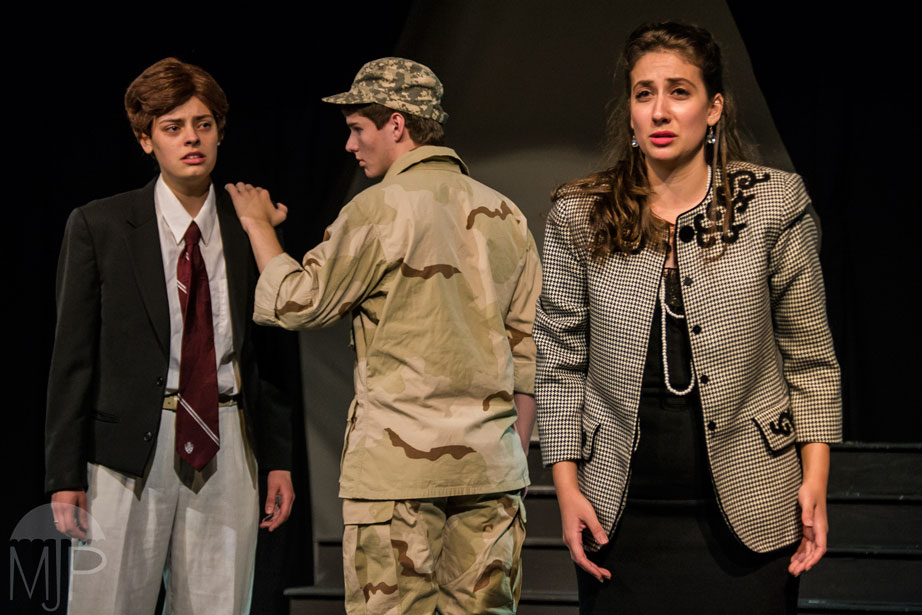
The popularity of Italian opera seria waned during Handel’s lifetime and he pivoted to composing oratorios for the last part of his life. As the mid-late Baroque operas fell out of fashion and reformers such as Gluck made libretti tighter and less repetitive and eliminated the da capo form of arias. Handel’s operas languished in obscurity through the 19th century. It wasn’t until the 20th century, when a general revival of his works was undertaken by Oskar Hagen, an art historian at the University of Göttingen. Starting in 1920, as part of a search for nationalist artistic heroes after WW I, Hagen’s performing editions did some serious damage to Handel’s original intentions, and it wasn’t until 1977 that there was the first modern performance of Giulio Cesare with the voices at the correct pitch (and not transposed into other voice types).
This will be HSOF’s third production of Giulio Cesare. The Festival first produced the opera in 2007, with music director Keith Chambers and stage director Nina Scott-Stoddart, followed by a 2014 production, with the Aradia Ensemble conducted by Kevin Mallon and with stage direction by Allison Grant.

